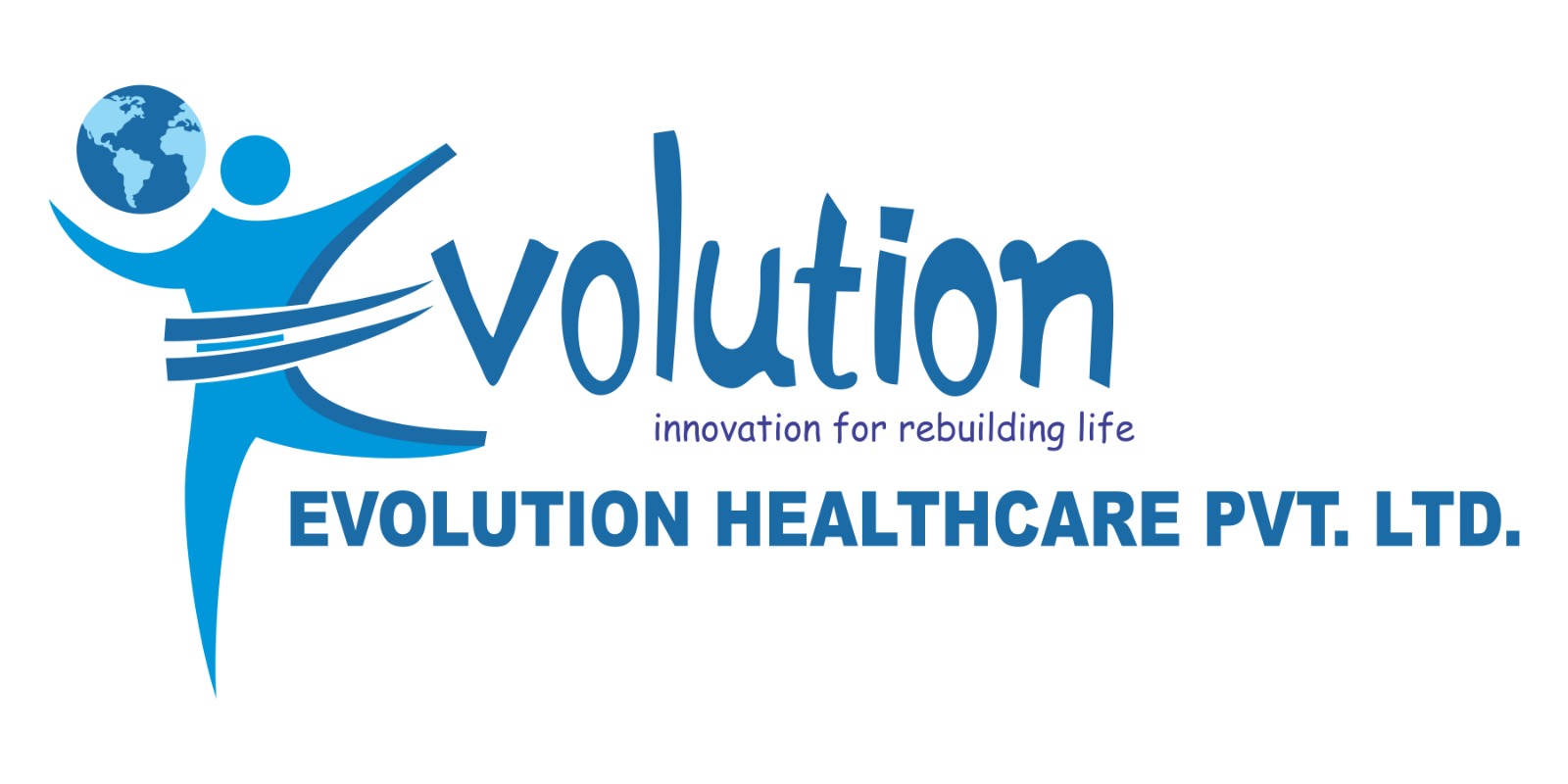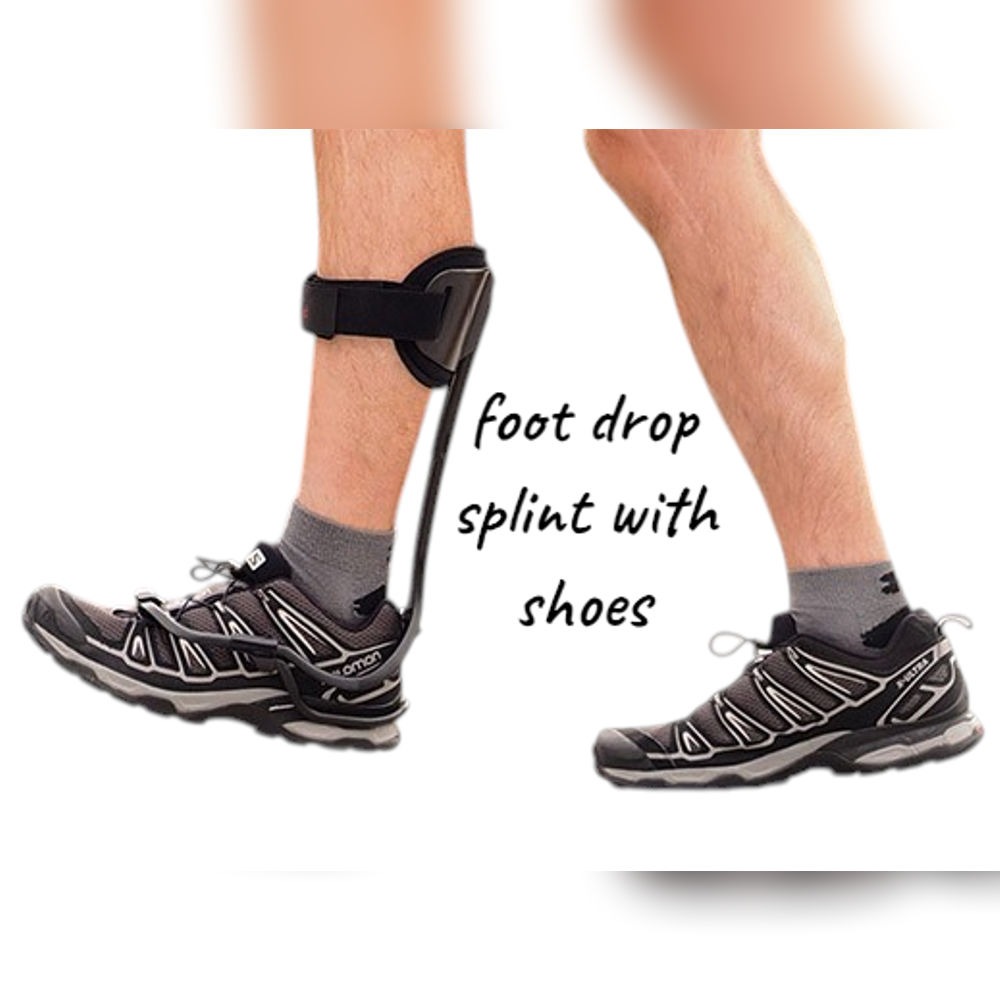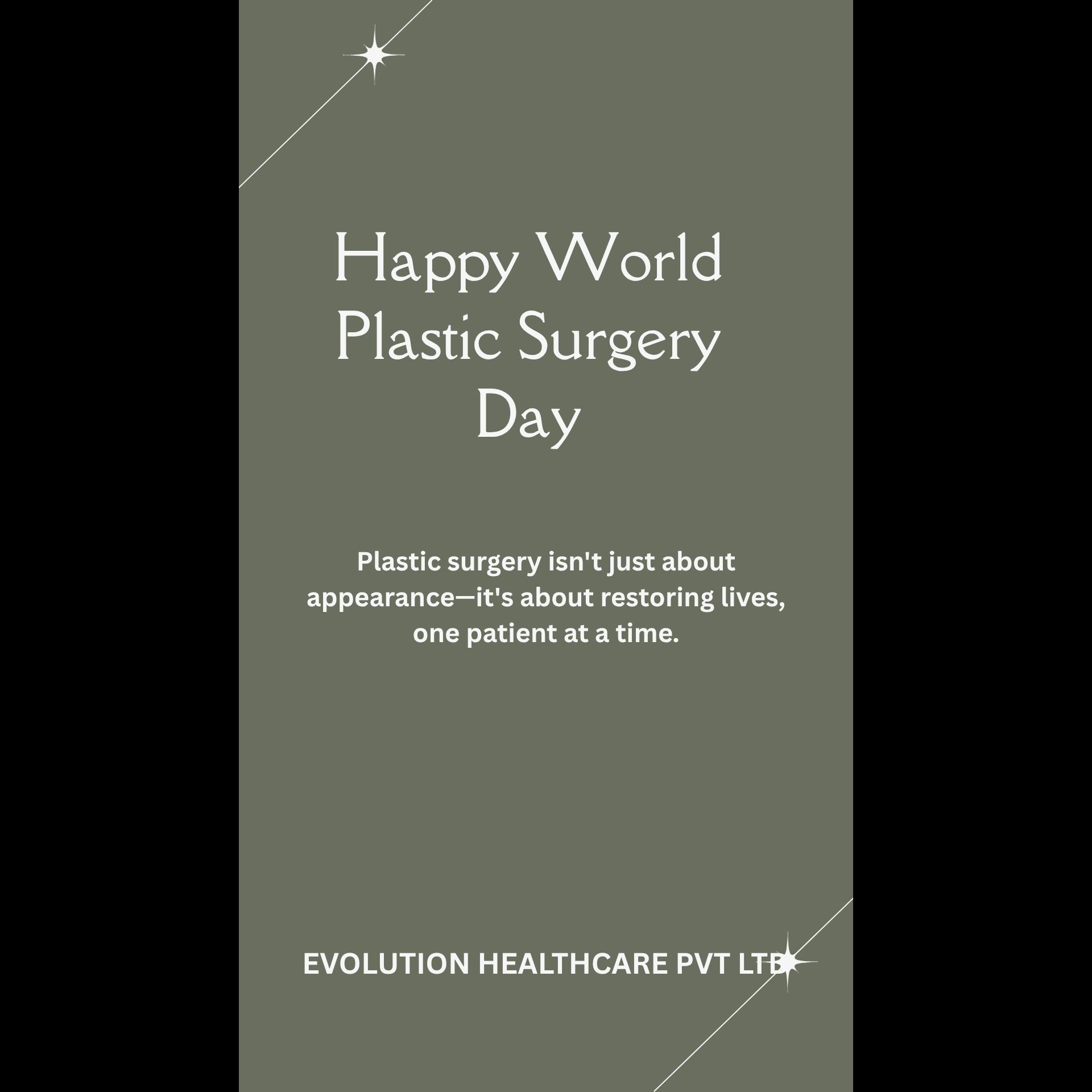Fracture healing is a complex biological process that occurs in several stages. Understanding these stages helps in the management and rehabilitation of fractures.
stages of fracture healing:
1. Inflammatory Phase (Days 1-7)
Duration: Begins immediately after the fracture and lasts about a week.
Process:
Hemorrhage: Blood vessels around the fracture site rupture, leading to bleeding and the formation of a hematoma (blood clot).
Inflammation: The hematoma triggers an inflammatory response. White blood cells, macrophages, and other immune cells migrate to the fracture site to clear debris and bacteria.
Pain and Swelling: The inflammatory response causes pain, swelling, and redness around the fracture site.
2. Reparative Phase (Weeks 2-12)
Duration: Typically starts around two weeks after the fracture and can last up to several months.
Process:
Soft Callus Formation: Within a few weeks, the hematoma is replaced by granulation tissue, and a soft callus made of collagen and cartilage begins to form around the fracture site. This provides initial stabilization but is not yet strong.
Hard Callus Formation: As healing progresses, the soft callus is gradually replaced by a hard callus composed of woven bone. This process, called ossification, creates a stronger bridge across the fracture.
3. Remodeling Phase (Months to Years)
Duration: This phase can last from several months to years.
Process:
Bone Remodeling: The hard callus is gradually replaced by mature lamellar bone, which is stronger and more organized. The bone returns to its normal shape and structure.
Strengthening: The bone gradually gains strength and density through a process of resorption and deposition. Osteoclasts break down old bone, while osteoblasts build new bone, refining the fracture site.
Factors Affecting Fracture Healing
Several factors can influence the rate and effectiveness of fracture healing:
Age: Younger individuals generally heal faster than older adults.
Fracture Type: Simple fractures typically heal faster than complex or comminuted fractures.
Blood Supply: Good blood circulation is crucial for effective healing.
Nutrition: Adequate calcium, vitamin D, and overall nutrition support bone health and healing.
Stability: Proper immobilization and alignment of the fracture are essential for effective healing.
Infection: Infections can complicate and delay the healing process.
Clinical Monitoring and Rehabilitation
Imaging: Regular X-rays or other imaging techniques are used to monitor the progress of healing.
Rehabilitation: Physical therapy and fracture brace are important to restore strength, flexibility, and function to the affected limb.
fracture brace and other orthosis are available at our clinic evolution healthcare pvt ltd surat , kolkata , mumbai and pune.
Keywords
new bone
old bone
vitamin D
woven bone
blood clot
bone health
older adults
normal shape
Blood Supply
Fracture Type
Blood vessels
several stages
several months
fracture brace
Regular X-rays
other orthosis
healing process
Several factors
Bone Remodeling
stronger bridge
Fracture healing
Simple fractures
Remodeling Phase
Reparative Phase
Physical therapy
Adequate calcium
overall nutrition
effective healing
White blood cells
Inflammatory Phase
granulation tissue
other immune cells
Clinical Monitoring
Younger individuals
comminuted fractures
mature lamellar bone
Proper immobilization
initial stabilization
inflammatory response
Hard Callus Formation
Soft Callus Formation
fracture site rupture
Good blood circulation
other imaging techniques
complex biological process
clinic evolution healthcare pvt ltd surat




